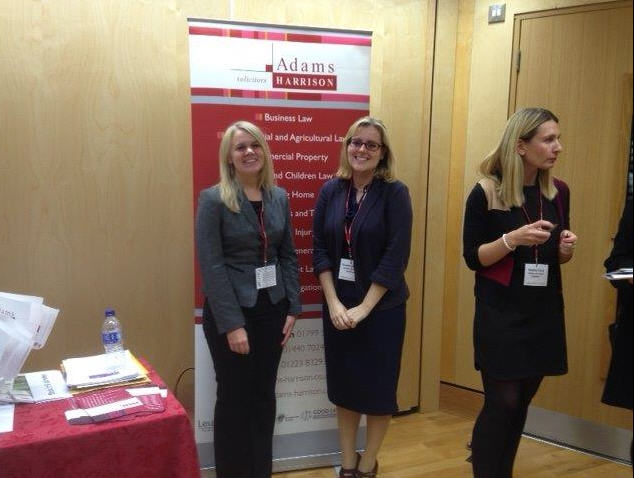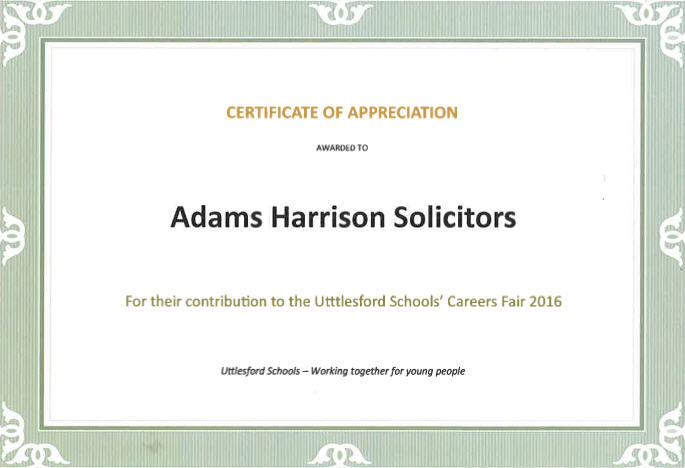Why Appoint Professional Executors?
Executors are the people you appoint in your Will to carry out the administration of your estate when you pass away. Although many people choose to appoint family members or friends, it is also possible to appoint professional executors such as Solicitors.
Here are some reasons why you may wish to appoint professional executors:-
- Appointing professional executors removes the responsibility for the job from family and friends, particularly the surviving spouse or civil partner. It relieves friends and relatives of the duty at a time when they will be grieving.
- Estates with assets overseas, business or agricultural interests, or those with complex trusts will require specialist advice in order to be dealt with correctly. Appointing a professional executor with specialist knowledge will help with the administration and make sure common pitfalls are avoided.
- If a Will leaves ongoing trusts, perhaps for minor children until they reach a specified age or for vulnerable beneficiaries who are unable to manage their own property and financial affairs, appointing professionals will ensure the trust is run correctly.
- If you have members of your immediate family who do not get on then it may not be a sensible idea to appoint them as your executors. Professional executors, however, are neutral and will ensure that your wishes are carried out.
Although professional executors will make a charge for their services, their appointment can be invaluable.
For more information, please contact a member of our Wills and Probate department for expert and professional advice.
Hayley Ford





















